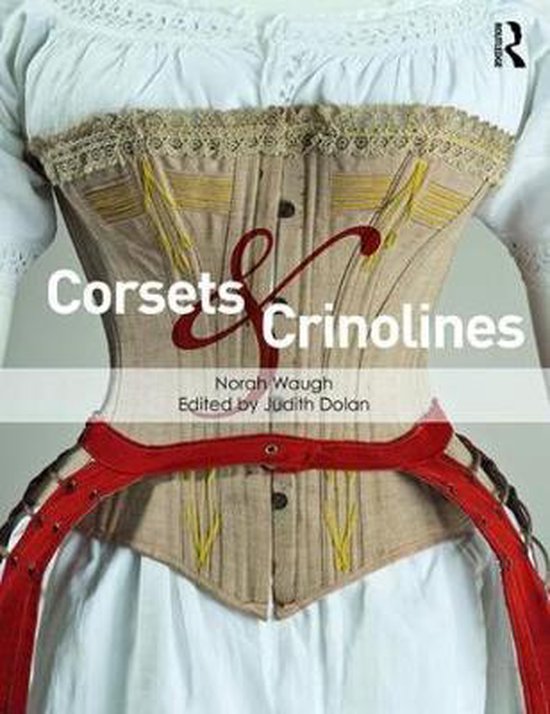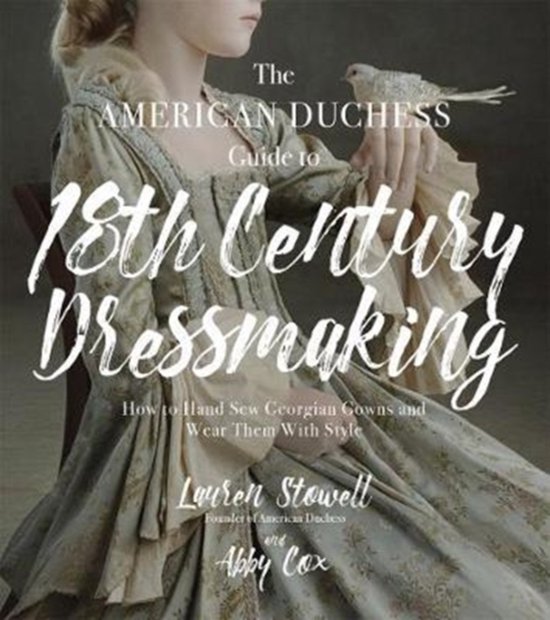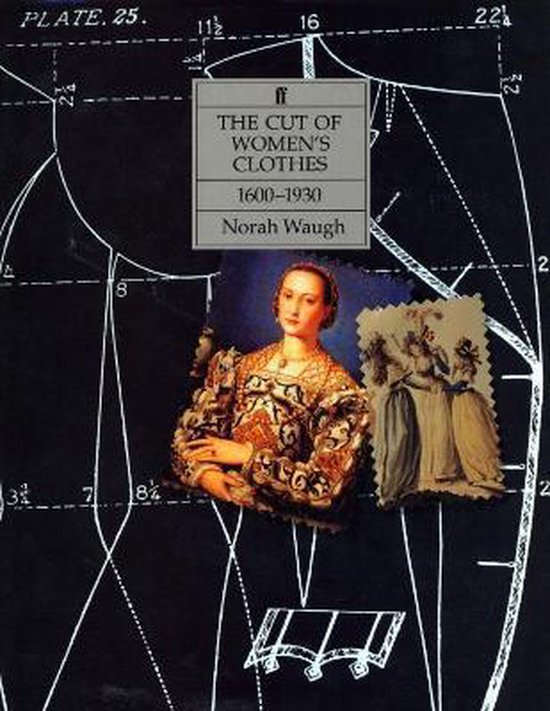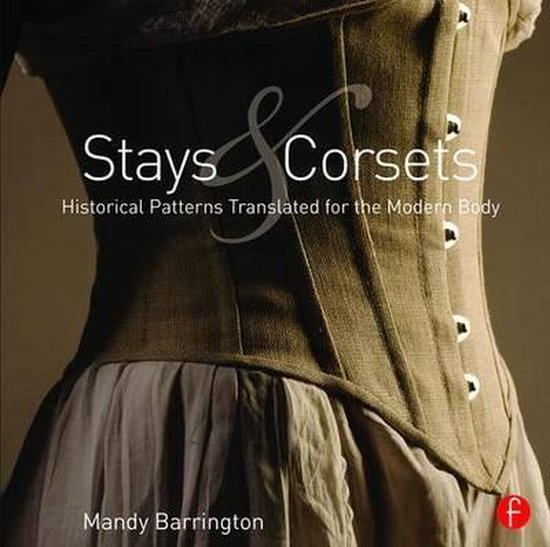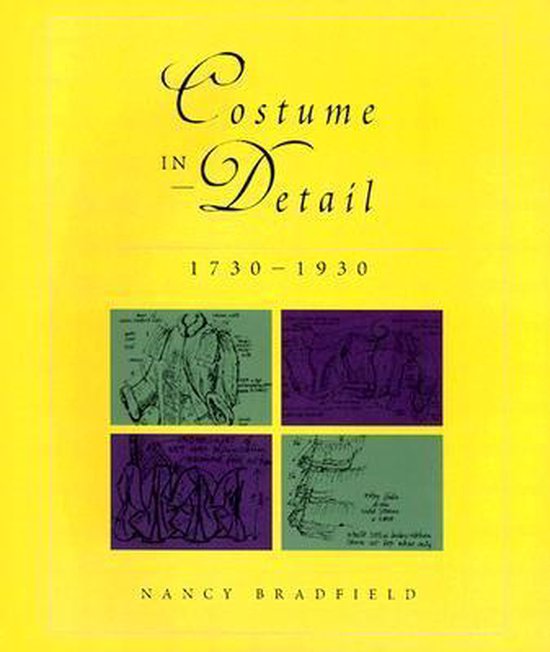
Corsets and Crinolines
This classic book explores the changing shapes of women’s dress from the 1500s to the 1920s, explaining the cyclical nature of these fashions, and how waists and skirts changed shape and size. Extracts from diaries, journals, poems and newspapers, and over 100 illustrations demonstrate the variety of this clothing throughout modern history.
In this classic book, Norah Waugh explores the changing shapes of women’s dress from the 1500s to the 1920s. Simple laced bodices became corsets of cane, whalebone and steel, while padding at shoulders and hips gave way to the structures of farthingales, hoops and bustles.
Corsets and Crinolines explains the cyclical nature of these fashions, and how waists and skirts changed shape and size through three distinct eras:
- The 1500s to 1670—farthingales and whaleboned bodies.
- 1670 to 1800—Stays and hooped petticoats.
- 1800 to 1925—corsets, crinolines and bustles.
Each section describes how these garments originated, how they became popular and how they emerged as central to the fashions of the time. Extracts from diaries, journals, poems and newspapers, as well as over 100 illustrations, demonstrate the variety of these ubiquitous items of clothing throughout modern history.
Corsets and Crinolines also contains a wealth of practical notes and resources for today’s costume makers and designers, including:
- Scaleable patterns for the construction of 25 different bustles, crinolines, corsets, corselets, stays, pocket hoops, hooped petticoats and bodices.
- Detailed appendices on the manufacture of corsets and crinolines, including farthingales, supports and hooped petticoats.
- A list of further reading, including costume histories; textile and weaving histories; reconstruction of period clothing; contemporary application of foundational garments; and a list of museums and institutions with period clothing collections, for first-hand study.
- A glossary of terms and materials.
| Auteur | | Norah Waugh |
| Taal | | Engels |
| Type | | Hardcover |
| Categorie | | Mens & Maatschappij |
